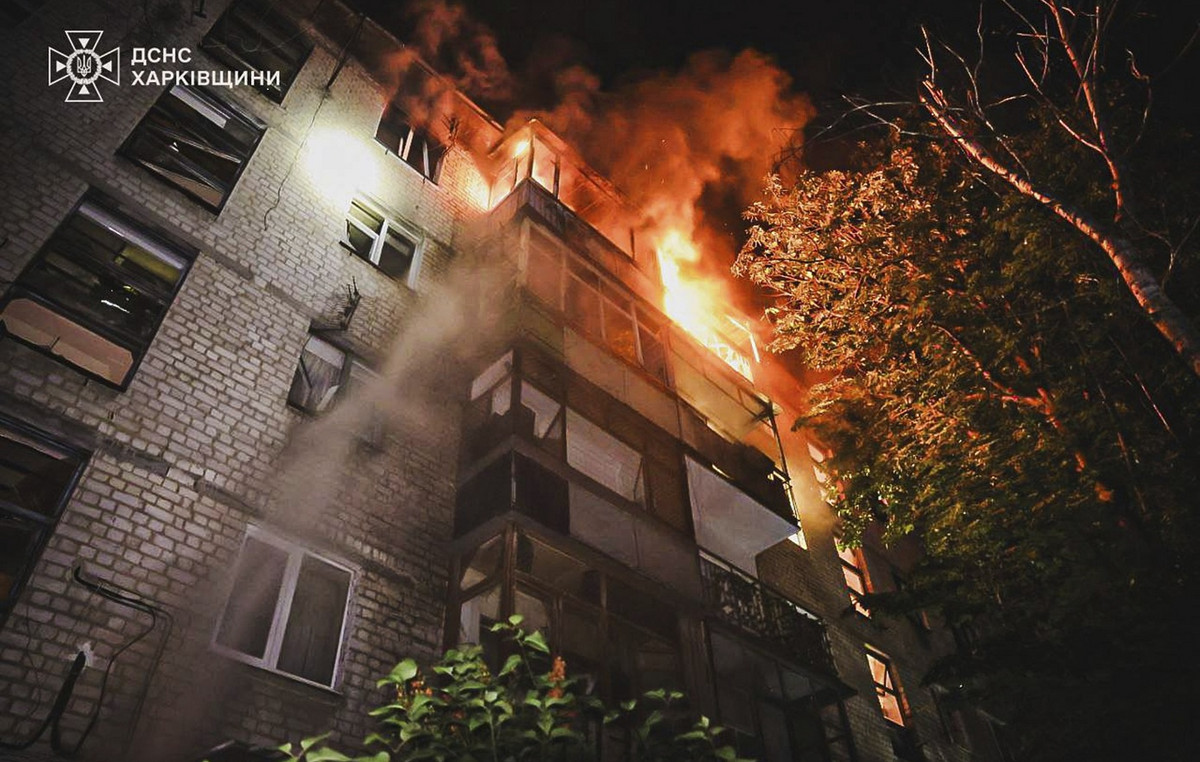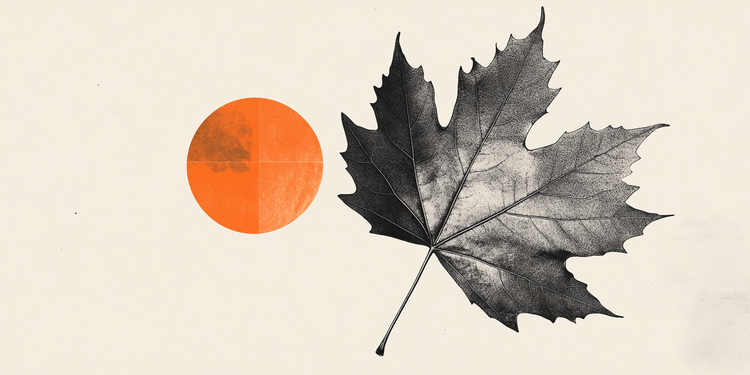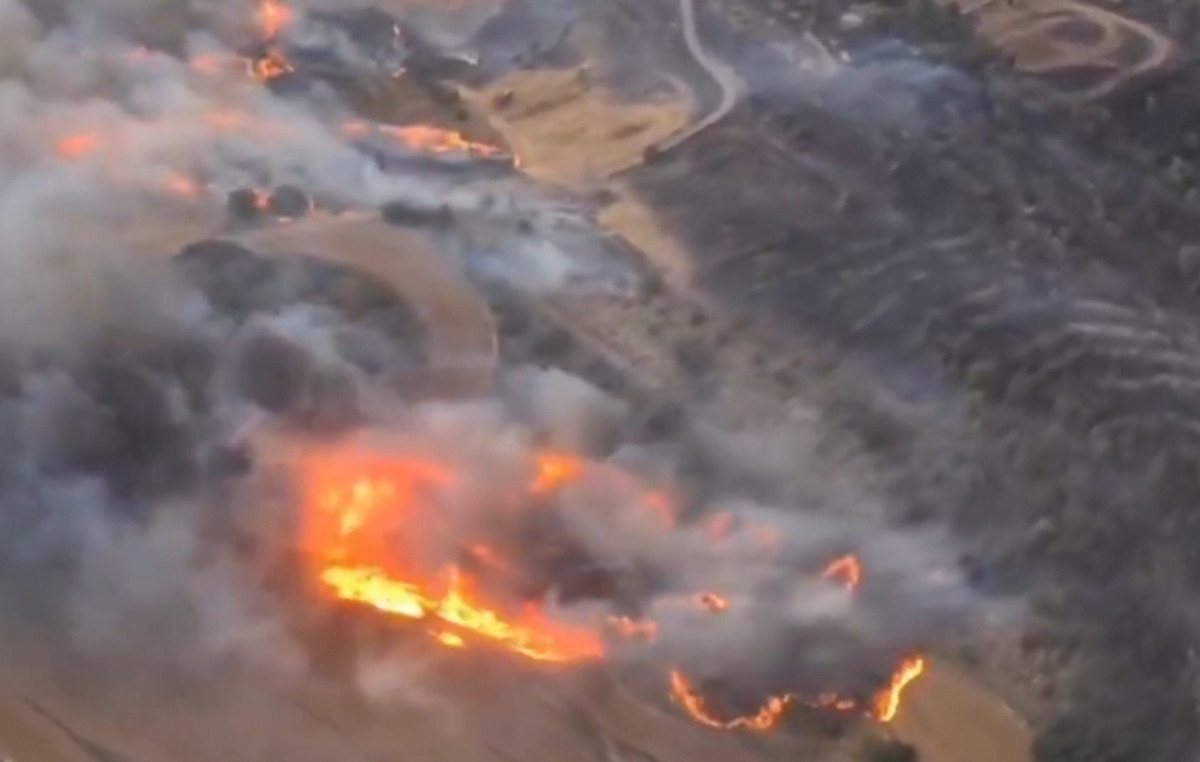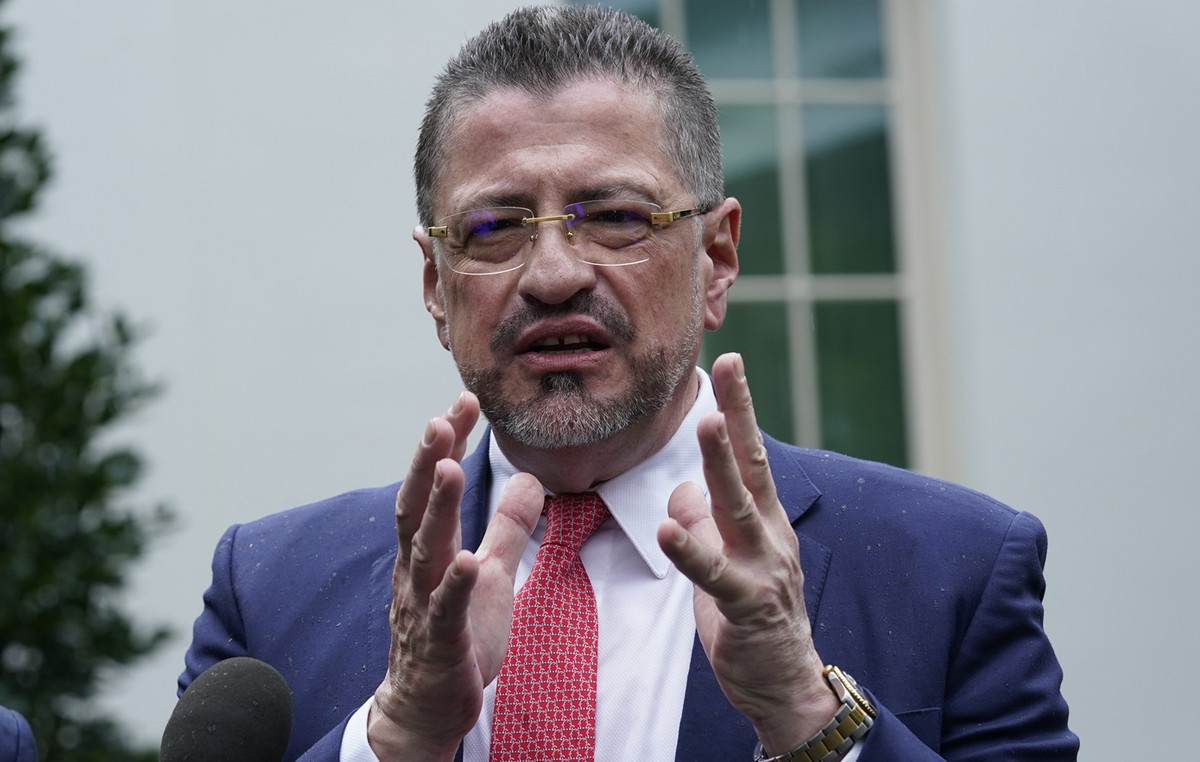The discovery of the Ômicron variant of the coronavirus this week has put the world back on high alert for possible worsening of the Covid-19 pandemic.
The strain was first reported to the World Health Organization (WHO) by South Africa on 24 November. “This variant has a large number of mutations, some of which are of concern. Preliminary evidence suggests an increased risk of reinfection with this variant compared to other variants of concern,” WHO said in a statement.
The European Center for Disease Control Prevention said on Friday that there was a “great” risk of the new strain spreading across Europe.
At least 32 countries, including Brazil, began to again impose partial or complete restrictions on the entry of travelers from southern African nations.
So far, 6 nations have already presented confirmed cases of the new variant – South Africa, Botswana, Hong Kong, Israel and Belgium and the United Kingdom – and others are trying to identify possible Ômicron infections in suspected cases of Covid-19.
On Friday (26), Dutch health officials said 61 people who arrived in Amsterdam on flights from South Africa tested positive for Covid-19. The travelers will carry out new tests this Saturday (27) to see if any of the infections are from the Ômicron variant.
GGD Kennemerland, the municipal health service responsible for Amsterdam’s Schiphol Airport, said positive test results would be examined as soon as possible. Those who tested positive were sent to isolation in a nearby hotel, Dutch officials added.
But while the WHO designated Ômicron as a “variant of concern” on Friday, it emphasized that more research is needed to determine whether the variant is more contagious, causes more serious Covid-19, and whether it could escape vaccines.
“This variant has a large number of mutations, and some of these have some worrisome features,” said Maria Van Kerkhove, WHO technical lead for Covid-19, in a statement on Friday.
“Right now, there are many studies in progress. So far there is little information, but these studies are ongoing, so we need researchers to have time to carry them out and WHO will inform the public and our partners and our member states as soon as we have more information,” she added.
Lawrence Young, a virologist and professor of molecular oncology at Warwick Medical School in the UK, said the Omicron variant was “very worrying”.
“It’s the most mutated version of the virus we’ve seen to date. This variant brings some changes that we’ve seen before in other variants, but never all together in a single virus. She also has new mutations,” Young said in a statement.
The variant has a high number of mutations, about 50 in total. Crucially, South African genomic scientists said on Thursday that more than 30 of the mutations were found in the spike protein – the structure the virus uses to enter cells.
Scientists highlight role of South Africa
The South African government has reacted negatively to travel bans imposed by countries, stressing in a statement that the African Centers for Disease Control and Prevention “strongly discourage” bans on people originating from countries that have reported the variant.
Scientists commended South African health authorities for their rapid reaction to an outbreak of Covid-19 in Gauteng province, which led to the discovery of the new variant.
“During this pandemic, we have observed that imposing bans on travelers from countries where a new variant is reported has not produced a significant result,” the statement said.
She added that the development shows how important it is to have excellent sequencing skills and share knowledge with others. That message was reinforced by WHO, which called on countries to improve their surveillance and sequencing efforts to better understand coronavirus variants.
But Dr Richard Lessells, an infectious disease specialist at the University of KwaZulu in Durban, said South Africa was being “punished” for its transparency and ability to catch the strain quickly and signal the issue to international health authorities.
“What I found repugnant and really distressing was not just the travel ban being implemented by the UK and Europe, but that this was the only reaction or the strongest reaction.” There was no word of support they would offer African countries to help us control the pandemic,” he told CNN.
Countries with restrictions on southern Africa
Banned flights
- Brazil
- USA
- United Kingdom
- Italy
- Holland
- Czech republic
- France
- Israel
- Philippines
- Morocco
- Bahrain
- Saudi Arabia
- Cyprus
- Switzerland
- Turkey
- Canada
- Will
- Egypt
- Bahrain
- Greece
- Singapore
- Austria
- Malta
- Oman
- Thailand
- Qatar
- Hungary
- South Korea
Increased control measures
- Japan
- India
- Taiwan
- Malaysia
Countries with confirmed cases of the new Covid-19 variant
- South Africa
- Bostuana
- Hong Kong
- Israel
- Belgium
*With information from Carolina Figueiredo and Ivana Kottasová, from CNN
Reference: CNN Brasil







